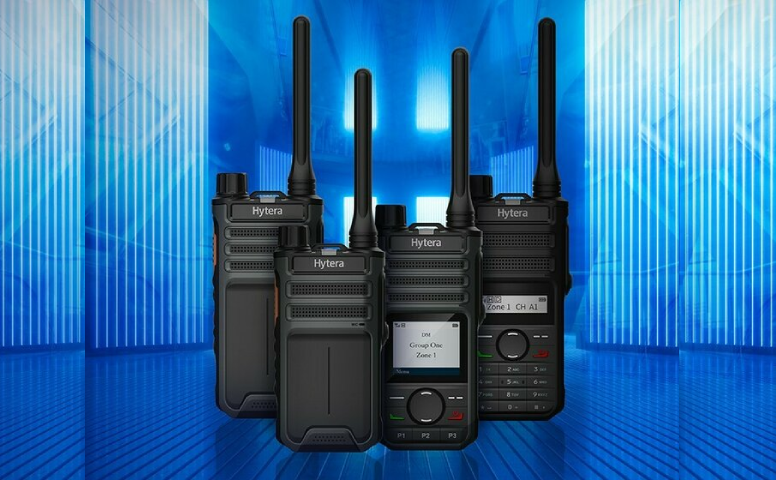Top 5 Considerations for Choosing the Best Two-Way Radio for Your Business
Two-way Radio

Effective communication is the backbone of any successful business operation, especially in demanding environments like construction sites, event venues, or industrial plants. Professional two-way radios offer a robust solution, but with so many options available, how do you choose the right one? Here are the top five considerations to keep in mind.
1. Range and Coverage
The range and coverage of two-way radios are paramount. Depending on the size of your work area, you may need radios that can operate over several miles. Professional walkie-talkies designed for business use typically offer better range and coverage, ensuring you stay connected even in expansive or obstructed environments.
2. Battery Life and Power Options
For continuous operation, especially during long shifts, battery life is a critical factor. Opt for radios that offer extended battery life and consider units with rechargeable batteries. Some models also feature quick charge capabilities or can be used with standard AA batteries in a pinch, providing flexibility and reliability.
3. Durability and Waterproof Rating
Business environments can be demanding, so durability is essential. Look for radios that are built to withstand drops, dust, and moisture. Waterproof ratings (like IP67 or IP68) indicate that the radios can handle wet conditions, which is crucial for outdoor or industrial use.
4. Audio Quality and Noise Cancellation
In noisy settings, such as factories or outdoor events, clear audio is vital. Radios with high-quality audio and noise-canceling features ensure that messages are heard clearly. This feature can significantly reduce misunderstandings and improve overall communication efficiency.
5. Frequency Bands and Licensing
Understanding the frequency bands (VHF vs. UHF) and any licensing requirements is important. UHF radios typically offer better performance in urban areas with many obstructions, while VHF radios are suited for open, outdoor areas. Ensure you comply with any necessary licensing to avoid fines and interference issues.
Additional Features to Consider
Hands-Free Options: For convenience, especially when handling equipment.
Channel Capacity: More channels provide flexibility in communication.
Digital vs. Analog: Digital radios often offer better range and security.
Conclusion
Selecting the right two-way radio for your business involves evaluating several key factors, including range, battery life, durability, audio quality, and frequency bands. By understanding these considerations, you can choose a radio that enhances communication and efficiency in your professional environment. Keep following our blog for more tips and reviews on top two-way radios in the market.





